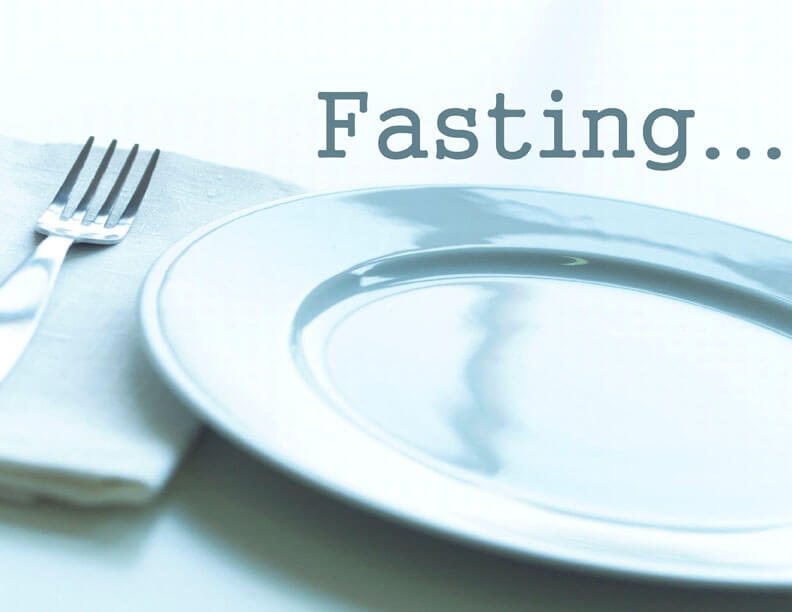
Two glossy flyers in yesterday’s mail had their intended effect on me. My mouth was watering! Pictures of hickory smoked burgers, beef brisket, pulled pork, snow crab legs and wood grilled lobster left me drooling like one of Pavlov’s dogs. But I wondered how I could be hungry when a few hours earlier I had gotten up from lunch feeling stuffed.
Theologians have an explanation for my perpetual hunger. God could have created us without any need for food. And God could have created a world without so many scrumptious, delicious, mouthwatering foods. He is God after all. But God created bread and He created a hunger for bread, so that we would know what Jesus meant when He said, “I am the bread of life” (John 6:35). It is Jesus we really want.
Every wonderful whiff of bread baking, or longing for a second slice, is God-intended to remind me of how hungry I am for God. At least three times a day my stomach reminds me that it is God I really desire, it is God that really satisfies.
All of this brings me to the subject of fasting. Going without food for a period of time helps remind me how very hungry I am for God, and it can whet my appetite for more of Him.
In today’s Scripture the Holy Spirit has led Jesus into the wilderness to fast for forty days (Matthew 4, Mark 1, Luke 4). The Gospels present these forty days of fasting as a time of preparation of Jesus for His public ministry. When Satan tempts a hungry Jesus to turn stones into bread, Jesus counters by quoting Deuteronomy 8: “It is written, ‘One does not live by bread alone, but by every word that comes from the mouth of God.’” I am coming to see that these are more than just pretty words Jesus is quoting. For Jesus, this is reality:
The truth is that in his 40 days of solitude in the hot desert he was feeding his body and soul on the manna from heaven…In his wilderness fast Jesus wasn’t at his weakest point, but his strongest point! He showed us that fasting is feasting. He was continually meditating upon and ingesting the life-giving words of God in Scripture, nature, and by spiritual hearing. He depended totally on the Father and had complete confidence in his love. (Bill and Kristi Gaultiere, Soul Shepherding)
Thinking of Jesus’ ‘fasting as feasting’ gives insight into why Jesus teaches us by example to fast (Matthew 6:5-18, Mark 9:24-32). In His Sermon on the Mount Jesus said, “When you fast…(Matthew 6:16), not “If you fast…” This also helps explain why fasting is one of the most often repeated commands in Scripture; why it is practiced in both the Old and New Testaments; and why so many of the godly men and women throughout history have made fasting an ongoing part of their walk with God. Fasting intensifies our hunger for God; it helps us focus in prayer, seek guidance, protection, and express concern, grief, humility, repentance and worship.
As we fast we grow in our experience of God’s provision of a yet more wondrous food, “the bread of heaven” (Psalm 16:4; Psalm 105:40). As we practice fasting we learn to feast on God’s wondrous, heavenly provision.
There is the marvelous story of Jesus with the woman at the well. It happens at noon as Jesus is fasting (John 4:6, 8). When His disciples return from lunch in town, they are concerned that Jesus has not eaten (John 4:8, 31). But Jesus tells them of something better. He is feasting on His Father’s food: “I have food to eat that you do not know about… (John 4:32, 34) I long to eat of that food!
As I wrote last week, I am a beginner at fasting, but an eager beginner. I am seeing how important fasting is for our churches and our country. As a beginner I am following the example of many by fasting one day a week. I skip breakfast and lunch, and then eat dinner. Each time my stomach growls at me it is reminding me that it is really God that I am hungry for.
I will share with your more next week about what I am learning about fasting and feasting.
Grace and peace,
Tim



